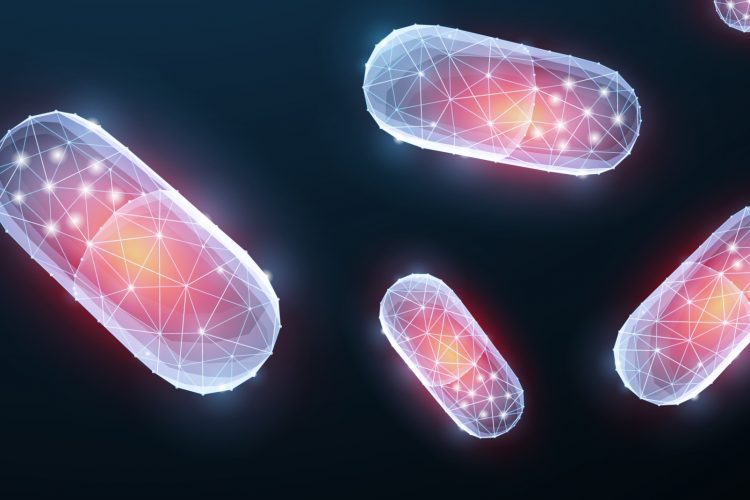AI technology to screen existing drugs for use against COVID-19
Posted: 2 April 2020 | Victoria Rees (Drug Target Review) | No comments yet
A collaboration aims to utilise a compound library of 15,000 clinically-ready molecules and screen then against three COVID-19 targets.


Exscientia has announced a joint initiative with Diamond Light Source, both UK, and Calibr, a division of Scripps Research, US, to utilise its artificial intelligence (AI) drug discovery platform to identify compounds that could become viable drugs for the treatment of the COVID-19 coronavirus.
Through this alliance, Exscientia has gained access to Calibr’s collection of 15,000 clinically-ready molecules. This collection includes launched drugs, additional compounds that have already been shown to be safe in humans and promising compounds that have passed pre-clinical safety studies.
The company will first apply its advanced biosensor platforms to screen the collection against key viral drug targets of SARS-CoV-2, the virus responsible for COVID-19. Three prioritised targets include; the 3CL protease, the NSP12-NSP7-NSP8 RNA polymerase complex (both of which are vital components for viral replication) and the virus’s Spike (S) protein, which interacts with the human cell receptor ACE2 in order to gain entry to human cells.
Dr Martin Redhead, Head of Quantitative Pharmacology at Exscientia, who will carry out the analysis, commented: “Given the ever expanding scale and rapid speed at which COVID-19 is spreading, the initial priority is to search for any existing drug that can be repurposed to protect the human population. Then as we move forward we can design superior molecules with our AI-design systems to work even more effectively against the virus. The Scripps Research collection allows us to explore both of these important objectives.”
Diamond Light Source, Oxford University and Exscientia have been working together since January, to produce viral proteins for use in the drug screening and to investigate anti-viral drugs at atomic detail in order to provide high-quality seed data for the AI drug design algorithms.
According to Exscientia, a dual strategy is required to first identify opportunities in the existing set of known drugs and then work on new optimised molecules is an optimal path to start to protect the human population from this invasive disease.
Related topics
Artificial Intelligence, Drug repurposing, Research & Development, Screening, Technology
Related conditions
Coronavirus, Covid-19
Related organisations
Diamond Light Source, Exscientia, Oxford University, Scripps Research
Related people
Dr Martin Redhead



